
A heartbeat away from home
A cardiac event abroad led Dr. Henry Solow back to the hospital he helped shape.
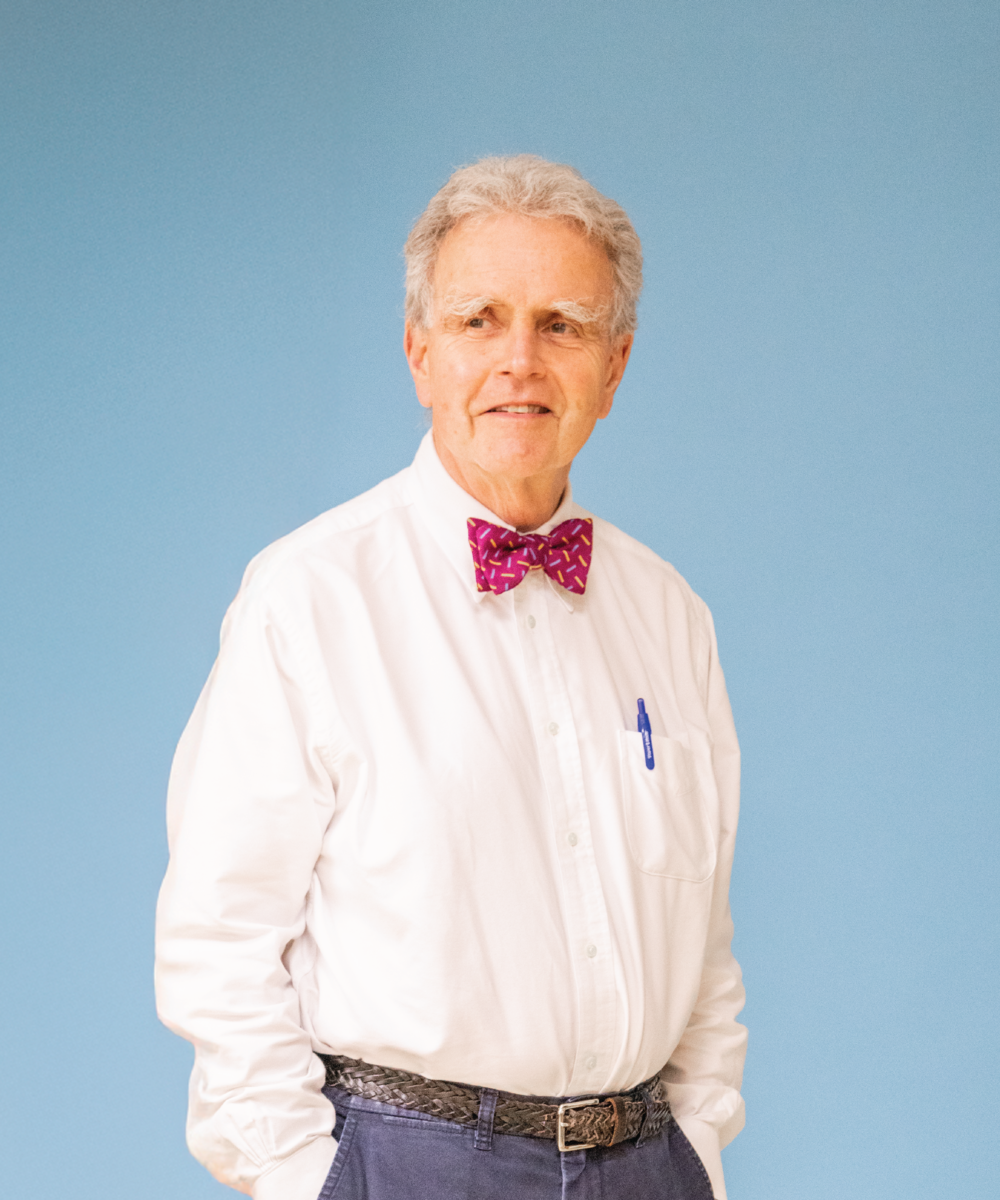
Going to a downtown hospital didn’t even enter my mind, because MSH is my home. I spent 35 years working there, and it’s really like family — it’s a community. I knew they would look after me.
Dr. Henry Solow

Born that way
The aortic valve usually has three leaflets that close after the heart pumps blood into the aorta. In Dr. Solow’s case, he was born with only two, which can lead to a narrowing of the valve (stenosis) and cause the heart to work harder.
Valvular heart disease, which is the umbrella term for Dr. Solow’s condition, affects approximately 2.5 per cent of Canadians. While symptoms may be non-existent when the disease is mild, if aortic stenosis develops and remains undiagnosed and untreated, it can lead to stroke, heart failure, blood clots or, as Dr. Solow experienced, cardiac arrest.
Dr. Fernandes performed tests on Dr. Solow to ensure he was stable and to confirm the diagnosis. “With this cardiac condition, you have to be very careful with how you administer treatment, because there can be complications if you’re too aggressive,” Dr. Fernandes notes.
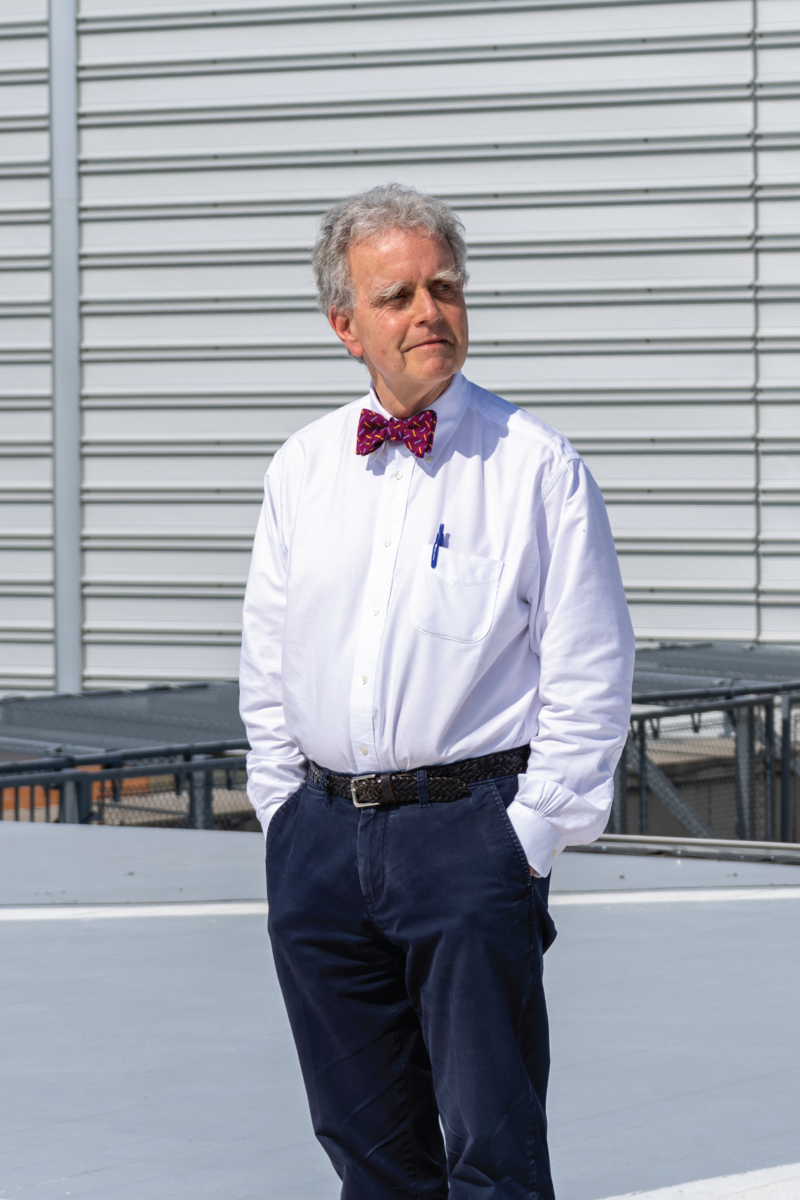
Shlomi Amiga
Article from

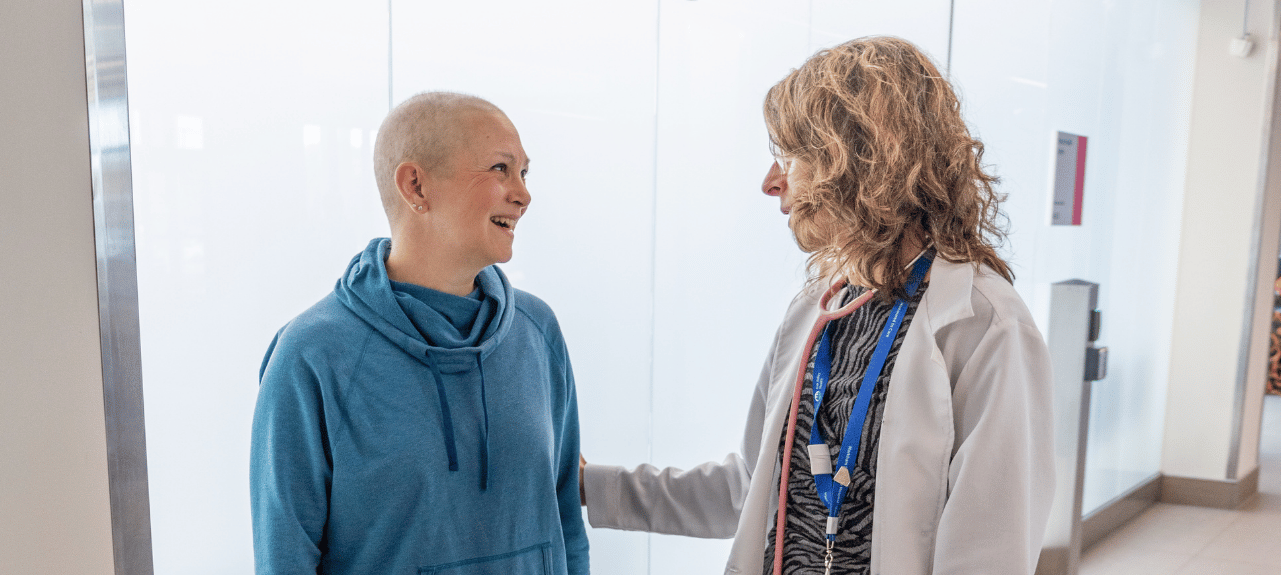
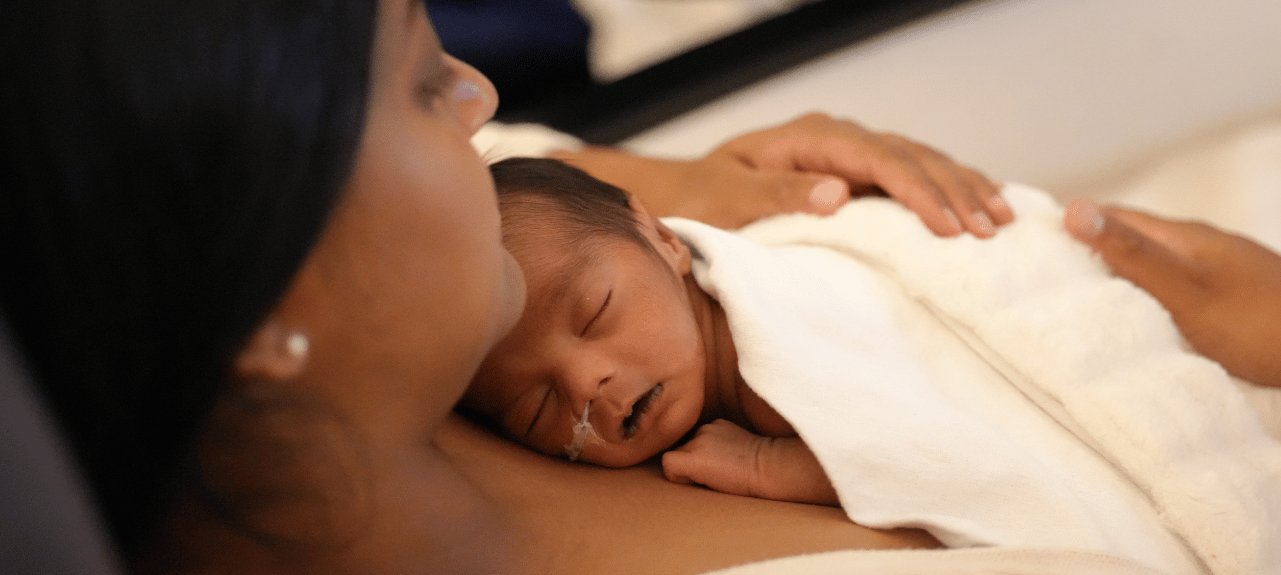
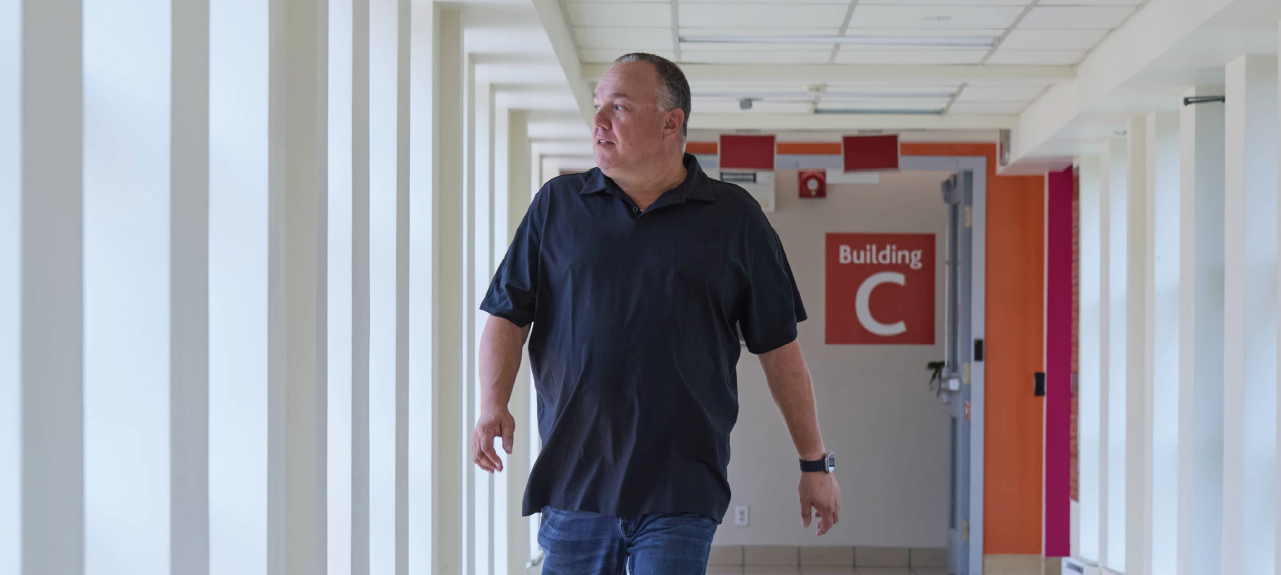
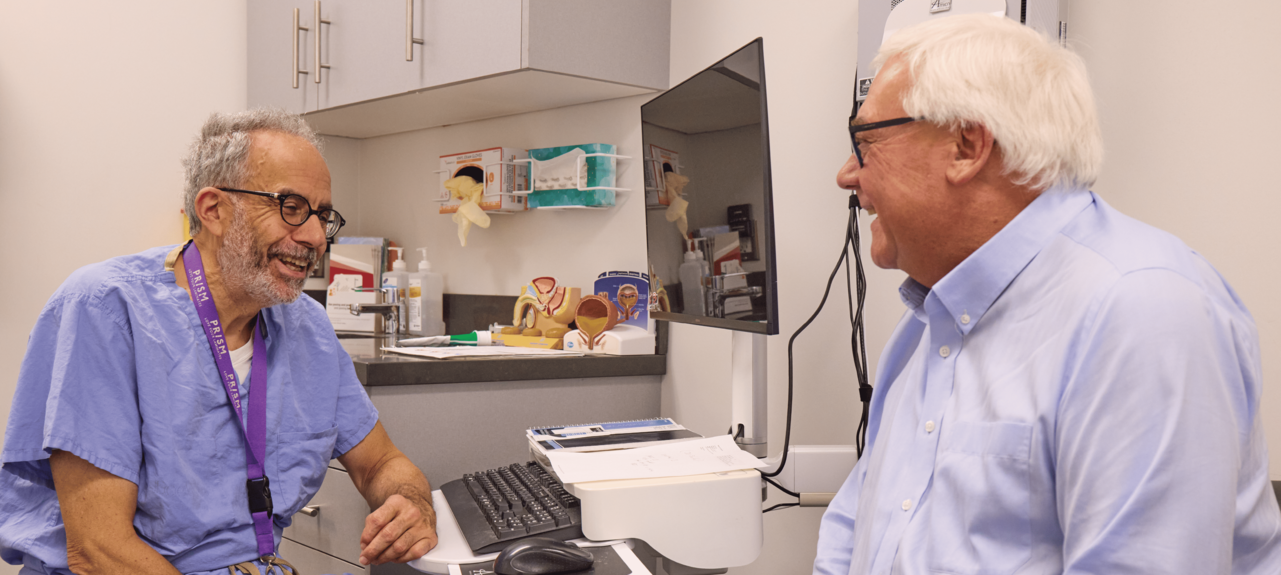
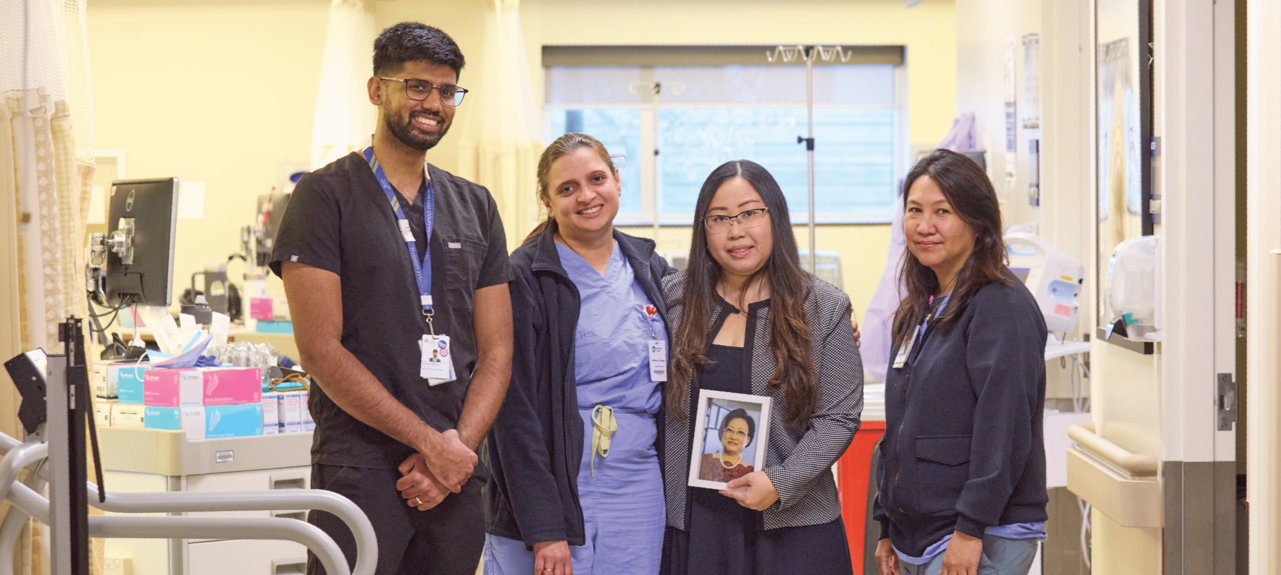

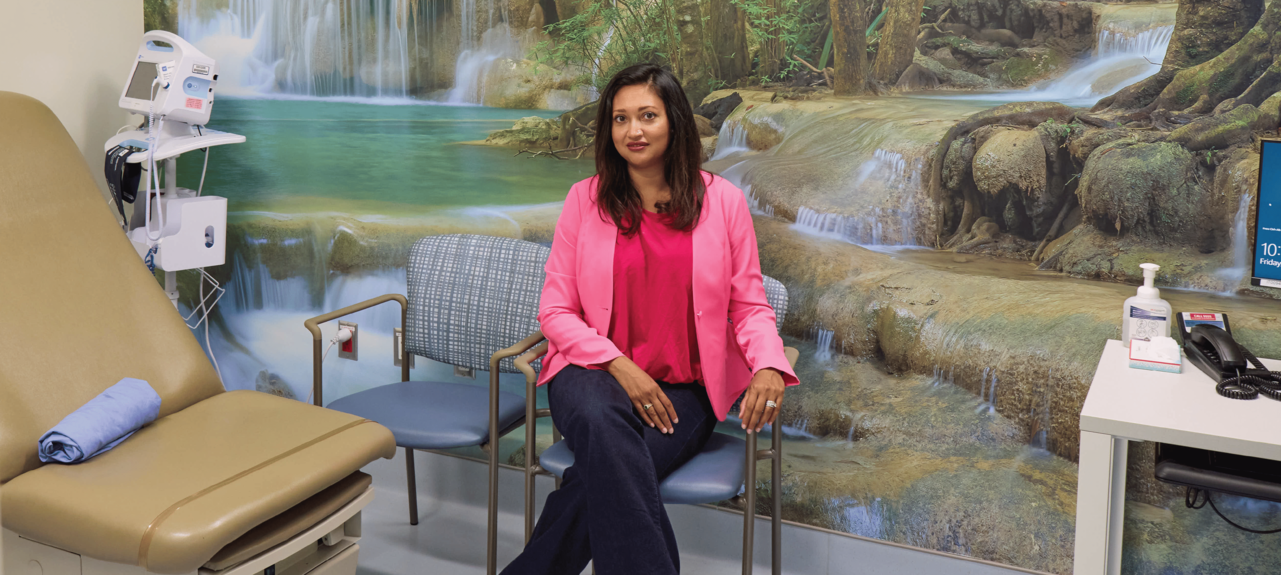
.png)









.avif)



















